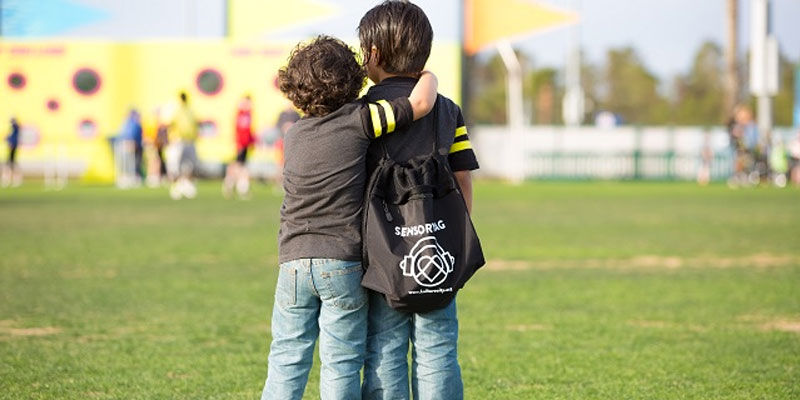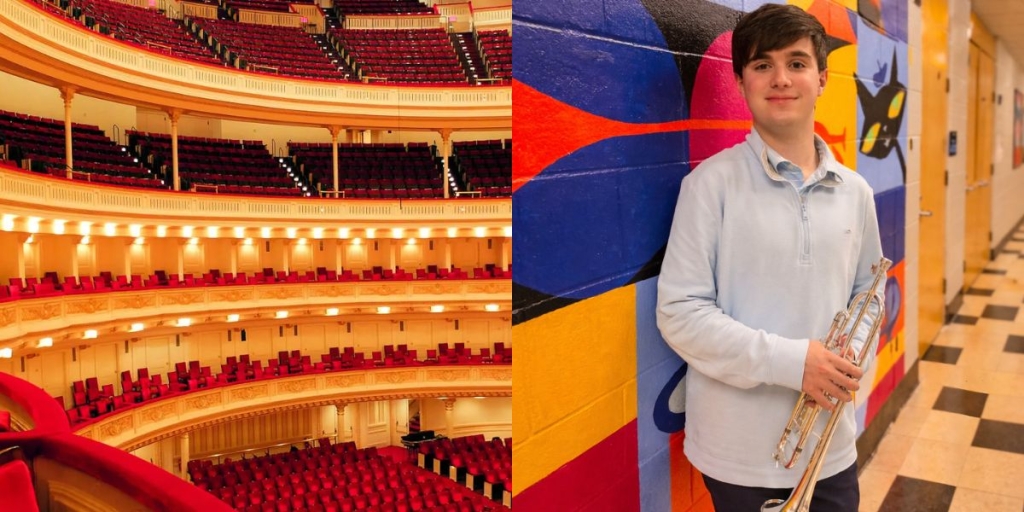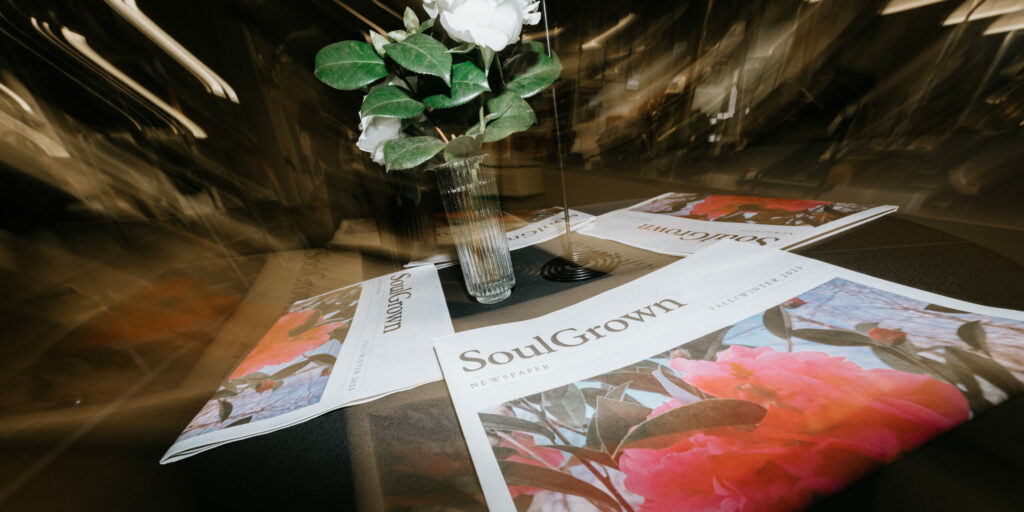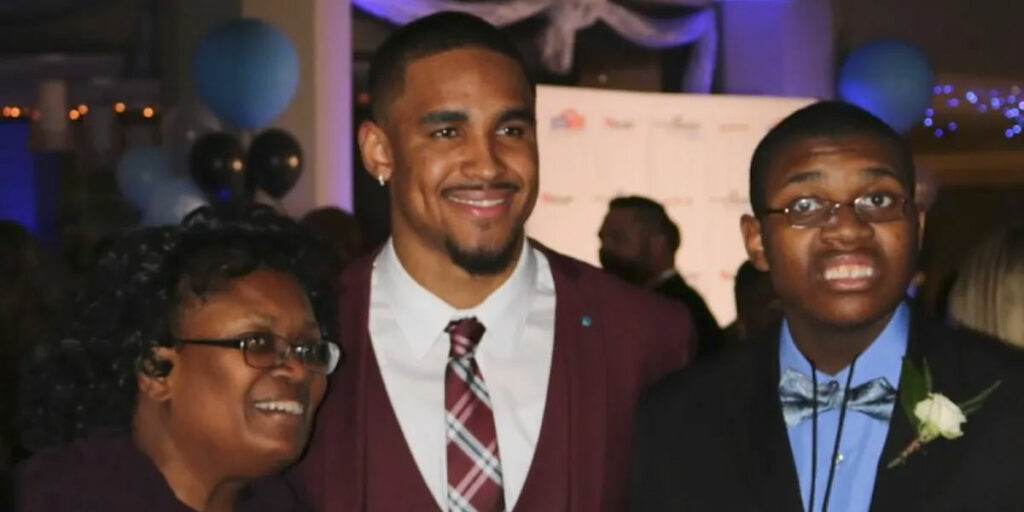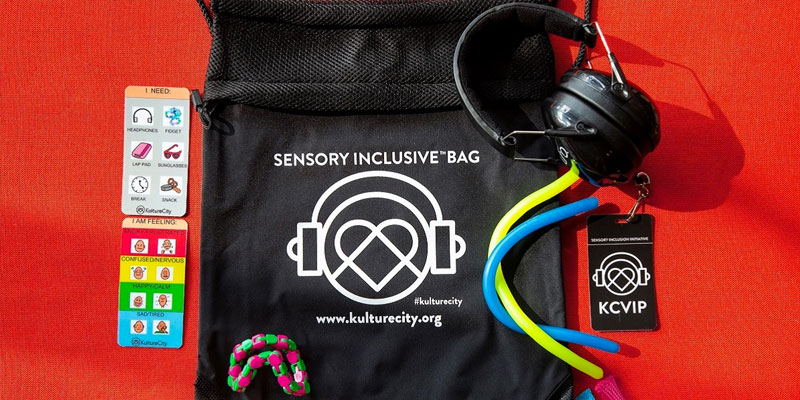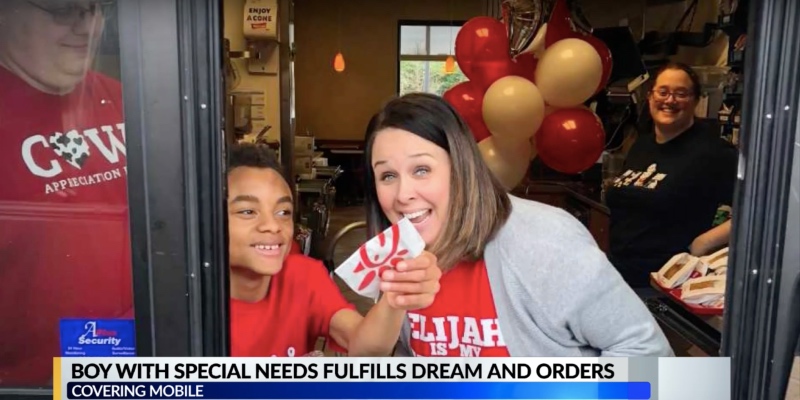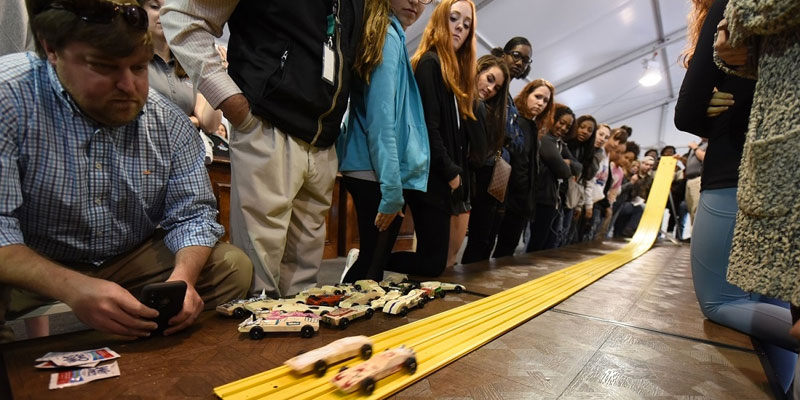Dr. Julian Maha said his path to creating KultureCity began as he found himself coming to terms with his son’s autism diagnosis.
“Sometimes, in order to find your true life’s path, you need to be lost,” Maha said.
During his 2016 TEDTalk, Maha said he was inspired to create the nonprofit after experiences with his son taught him the world was aware of autism but did not necessarily accept it or make inclusive spaces for those with autism.
“In terms of the cultural viewpoint, autism had always been built by the media as a diagnosis that stripped away futures, destroyed families and isolated individuals,” Maha said. “Autistic individuals have great potential, but we have to give them a chance. We need to create environments where they can learn, where we have better ways to teach them.”
From there, KultureCity was born. Founded in Birmingham, the nonprofit strives to improve the lives of autistic people by ensuring their safety and inclusion. One way the organization does this is by making public spaces sensory-inclusive.
“We work with anybody and everybody basically anywhere where you would go to enjoy a game, an event, an experience or a concert,” said Uma Srivastava, volunteer COO for KultureCity. “One in six Americans have a sensory need, and they aren’t just for those with autism. It includes those with Down syndrome, PTSD, early onset dementia, Parkinson’s and Alzheimer’s.”
To make a space sensory-inclusive, staff are trained to handle sensory overloads. Inclusive locations are supplied with sensory bags that contain noise-canceling headphones and “fidget tools” to help calm the user.
Some locations provide further accommodations, such as the Birmingham-Shuttlesworth International Airport, which recently opened a sensory room.
After first making the Birmingham Zoo sensory-inclusive nearly four years ago, KultureCity has grown to spread inclusivity at over 250 venues throughout the United States, Canada and Australia.
“Through KultureCity, I’ve met so many amazing individuals who shouldn’t be defined by their ability or disability,” Srivastava said. “Going out and training 900 employees at the Chicago Cubs’ Wrigley Field just really puts it in place, that individuals are really willing to help those who might need a little more assistance when given the right training, education and tools.”
Sensory-inclusive locations can be found on the KultureCity app. The organization not only provides public spaces with the tools to be sensory-inclusive, but offers several programs to improve the lives of autists and their families.
LifeBOKS is designed to ensure the safety of autistic children, containing an array of items useful in preventing wandering. The boxes include a Buddy Tag Tracking Bracelet, a SmartKids ID Shoe Tag, window and door alarms and safety tats.
“About 50 percent of autistic children end up wandering to unsafe places, whether it’s intersections, bodies of water or swimming pools,” Srivastava said.
TabletKulture supplies nonverbal people with tablets to enhance their lives. The company hosts Toys Aucross America to send toys to autistic children across the USA and encourage community interaction.
Looking to the future, Srivastava said KultureCity hopes to expand inclusivity to more states and countries. The company wants to make its training materials available in multiple languages.
“We don’t want it to stop at 1,000 or 5,000, we want to make sure that every place is inclusive so it’s just part of your normal fact of life,” Srivastava said.
(Courtesy of Alabama NewsCenter)




